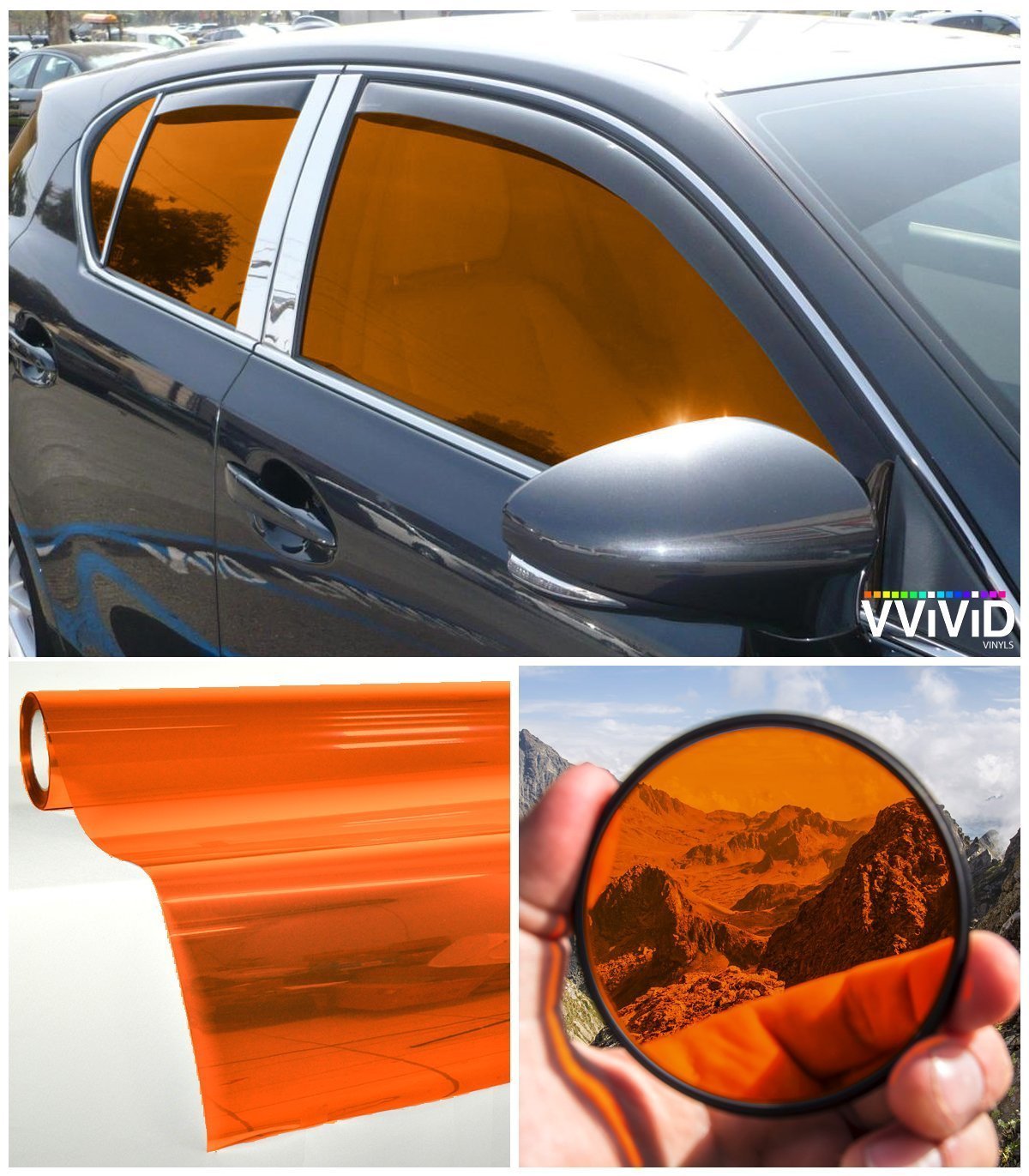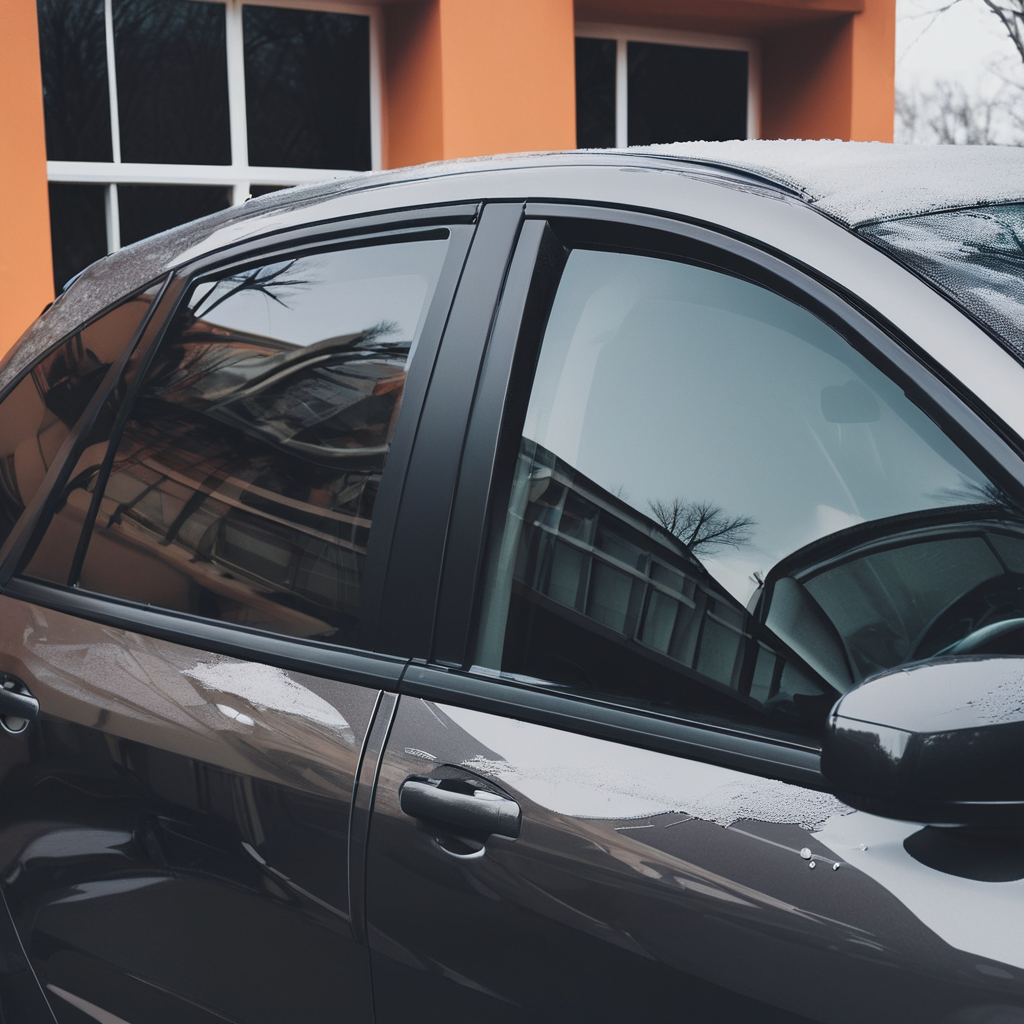Cost Effective Car Window Tinting for every single Lorry Kind
Cost Effective Car Window Tinting for every single Lorry Kind
Blog Article
Window Tinting Laws and Standards: What You Need to Know Prior To Tinting Your Auto
Prior to continuing with window tinting for your automobile, it is vital to familiarize on your own with the varied regulations and standards that regulate this technique throughout various states. These guidelines dictate the acceptable levels of tint darkness, frequently measured by visible light transmission (VLT) percents, and consist of particular specifications for front windshields aimed at guaranteeing roadway safety and security. Additionally, specific jurisdictions might supply clinical exceptions for people with certifying conditions. Recognizing these intricacies can conserve you from possible legal implications, yet what are the particular guidelines in your state?
Summary of Window Tinting Regulations
Window tinting regulations are regularly based on variant across different territories, mirroring neighborhood policies and safety and security factors to consider. These laws dictate the permissible levels of color darkness and reflectiveness on car windows, guaranteeing that drivers preserve sufficient visibility while also shielding versus hazardous UV rays and warmth.
A lot of policies classify home window tinting based on the Visible Light Transmission (VLT) portion, which suggests the amount of light that can pass through the home window. Typically, lower VLT percents represent darker colors. Legislations commonly set apart in between the front, side, and rear windows, with more stringent constraints related to the front windscreen to improve security for both the chauffeur and other roadway users.
Compliance with window tinting guidelines is critical, as violations can result in penalties, necessary elimination of the tint, and possible increases in insurance premiums. It is essential for lorry owners to acquaint themselves with neighborhood regulations prior to continuing with window tinting installations.
State-by-State Tint Rules
Understanding the particular home window tinting regulations in each state is essential for car owners looking for to follow the law. Each state in the united state has actually established its very own collection of regulations governing window tinting, which can vary considerably. These regulations usually determine the allowable levels of tint darkness, the sorts of windows that can be tinted, and any type of medical exceptions that may apply.
For instance, states like The golden state have rigid restrictions on color darkness for front windows, while others, such as New Mexico, may permit darker tints. In addition, certain states mandate specific visibility percentages for numerous home windows, including the windscreen, front side windows, and back home windows. It is important for car proprietors to familiarize themselves with their state's laws to prevent possible fines or fines.
Furthermore, some states may require a certification sticker label to be put on tinted home windows, suggesting conformity with state legislations. Failure to follow these laws not only risks lawful consequences yet can also affect security and visibility while driving. Vehicle proprietors ought to conduct extensive study or seek advice from regional authorities to make sure full understanding and conformity with state-by-state color laws.
Allowed Tint Levels and Types
Several lorry proprietors might be stunned to learn that permitted color levels and types differ widely throughout different states. Each state has actually developed its very own regulations relating to the permissible darkness and reflectivity of home window tint, frequently determined by Visible Light Transmission (VLT) percentages. VLT describes the amount of light that can go through the colored windows; thus, a lower portion shows a darker color.

Moreover, the kinds of color products allowed can vary, with some states forbiding metal or mirror-like surfaces. It is vital for lorry proprietors to familiarize themselves with click this their state's particular regulations to make sure compliance. Non-compliance can cause penalties, necessary removal of the color, or various other legal repercussions, making it essential to comprehend these regulations prior to proceeding with installment.
Medical Exceptions for Tinting
While not all states offer allowances for clinical exceptions regarding home window tinting, those that do acknowledge the requirement for specific individuals to improve exposure and comfort due to medical problems. Different clinical problems, such as lupus, skin cancer cells, and particular eye disorders, can render individuals particularly conscious sunlight. These people might call for darker tints to shield themselves from harmful UV rays and glare.

It is very important to note that despite having a medical exception, there may still be constraints on the degree of tint enabled. Conformity with state legislations makes certain that individuals are both protected and within lawful limits. Those considering medical exceptions ought to contact their local Division of Electric motor Autos or comparable authority to comprehend the demands and treatments necessary to make an application for an exception efficiently.
Penalties for Non-Compliance
Failing to abide with window tinting laws can bring about significant penalties, which differ by state. Legislation enforcement agencies are empowered to provide citations for cars that do not stick to the specified tinting policies. These penalties generally consist of fines, which can range from modest total up to several hundred bucks, depending upon the extent of the infraction and the state in inquiry.
In some jurisdictions, duplicated offenses may result in intensifying penalties or added penalties, such as obligatory court looks. Moreover, non-compliance may require the removal of illegal tinting, typically at additional hints the owner's expense. In severe situations, regular culprits may deal with suspension of their automobile registration up until compliance is accomplished.
In addition, insurance effects may emerge from getting numerous citations for window color offenses. Insurance companies might check out such violations as a sign of riskier behavior, potentially resulting in boosted costs or trouble in coverage.
To avoid these charges, it is critical for automobile proprietors to familiarize themselves with their neighborhood home window tinting regulations and make certain that their lorry complies (Window Tinting). This proactive method not just stays clear of legal implications yet additionally promotes road security
Conclusion

Most guidelines classify home window tinting based on the Visible Light Transmission (VLT) portion, which shows the quantity of light that can pass check out this site with the home window. Conformity with window tinting guidelines is vital, as offenses can result in penalties, mandatory elimination of the tint, and prospective boosts in insurance policy costs.Understanding the specific window tinting policies in each state is vital for automobile proprietors looking for to comply with the legislation. These policies frequently dictate the allowable degrees of tint darkness, the kinds of home windows that can be tinted, and any kind of clinical exceptions that may use.
For circumstances, states like The golden state have strict restrictions on color darkness for front home windows, while others, such as New Mexico, may allow darker colors.
Report this page